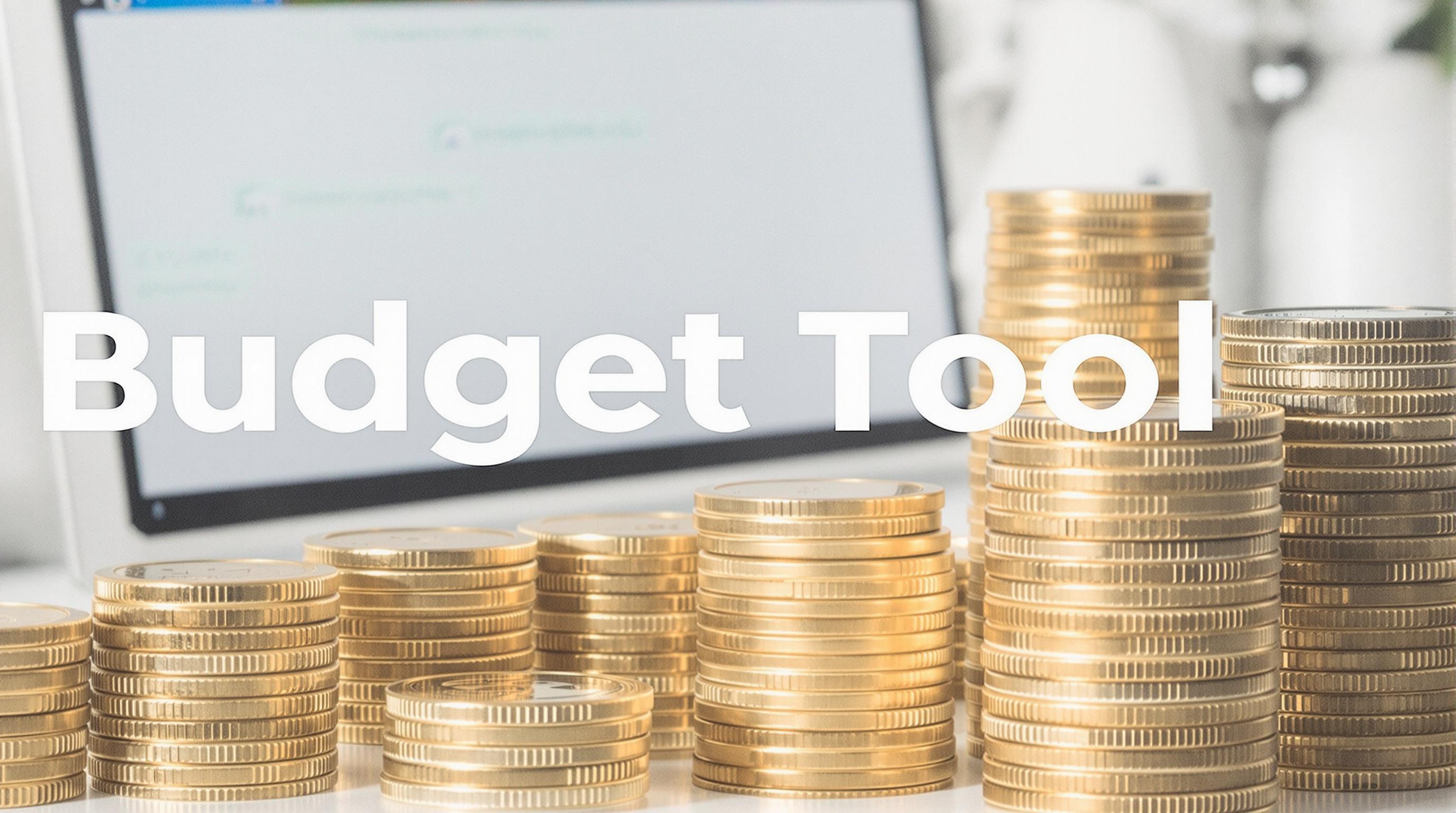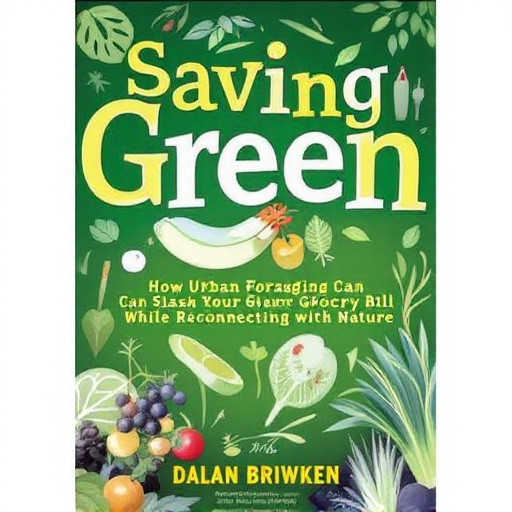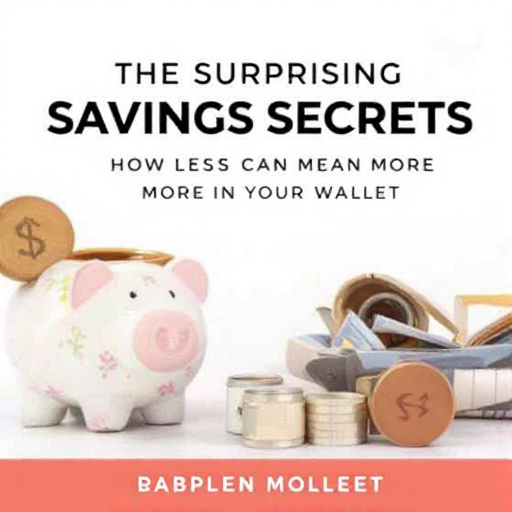Featured Articles
- Beyond Coupons and Budgets: Unveiling the Surprising Role of Sleep Patterns in Financial Well-being
- "Saving Green: How Urban Foraging Can Slash Your Grocery Bill While Reconnecting with Nature"
- Saving Space, Saving Cash: Uncovering the Financial Benefits of Minimalist Living and Decluttering Your Life
- The Surprising Savings Secrets of Minimalist Living: How Less Can Mean More in Your Wallet
- Top 8 Innovative Budget Tools Launched in the Last 5 Years: Expert Comparison & Reviews to Maximize Your Savings
Top 8 Innovative Budget Tools Launched in the Last 5 Years: Expert Comparison & Reviews to Maximize Your Savings
Top 8 Innovative Budget Tools Launched in the Last 5 Years: Expert Comparison & Reviews to Maximize Your Savings
Top 8 Innovative Budget Tools Launched in the Last 5 Years: Expert Comparison & Reviews to Maximize Your Savings
1. YNAB (You Need A Budget) – Empowering Proactive Budgeting
Overview: Since its re-launch and major updates over the past five years, YNAB has consistently been a favorite among personal finance enthusiasts. Its philosophy centers around giving every dollar a job, ensuring users actively plan their spending and savings.
Features: YNAB’s real-time syncing, goal tracking, and educational resources have made budgeting more hands-on and motivational. The software integrates with bank accounts but emphasizes manual entry to promote mindful spending habits.
Expert Review: Finance experts praise YNAB for its user education and behavioral approach. It is particularly useful for beginners who need structured guidance, though some find the subscription model costly compared to free alternatives. (Source: NerdWallet, 2023)
2. Emma – AI-Powered Money Management
Overview: Launched with an AI-enhanced user interface, Emma focuses on tracking subscriptions, categorizing expenses, and providing personalized money-saving tips. Its mobile-first design appeals to tech-savvy users.
Features: Emma offers automatic transaction categorization, recurring expense identification, and integration with multiple bank accounts. Additionally, it provides alerts on unusual spending and potential overdrafts.
Expert Review: Emma is often recommended for millennials and Gen Z users who want automation with insights. While its free tier is robust, premium options unlock features like credit score monitoring. (Source: The Verge, 2022)
3. PocketGuard – Simplifying Budget with 'In My Pocket' Feature
Overview: PocketGuard gained traction for its straightforward ‘In My Pocket’ feature, which calculates disposable income after accounting for bills, goals, and necessities.
Features: This tool connects securely to users’ bank accounts, tracks spending patterns, and helps identify opportunities to save with one glance at what’s truly available for discretionary spending.
Expert Review: Financial advisors commend PocketGuard for reducing budget anxiety with its simplicity, making it ideal for those seeking quick guidance without complex setups. Some limitations include less detailed budgeting categories. (Source: Forbes, 2021)
4. Cleo – The Chatbot Budget Assistant
Overview: Cleo revolutionizes budgeting by delivering financial advice through an engaging chatbot interface. It combines humor with personalized insights, making money management less intimidating.
Features: Users can ask Cleo questions about their spending, savings progress, and get prompts or challenges to improve habits. It can connect to multiple accounts and supports goal setting.
Expert Review: Behavioral finance experts highlight Cleo’s unique approach in increasing financial literacy, especially among younger demographics who prefer conversational interfaces. However, reliance on chatbot interaction might not suit everyone. (Source: TechCrunch, 2020)
5. Albert – Automated Savings and Investment Integration
Overview: Albert combines budgeting with automated saving tools and micro-investing features. Its algorithm determines safe amounts users can save periodically without impacting essential expenses.
Features: Daily spending tracking, automated transfers to savings, and investment options through the app make Albert a hybrid budgeting and wealth-building platform.
Expert Review: Wealth advisors recommend Albert for users aiming to save passively while budgeting. Its transparent fee structure and goal-based approach receive favorable remarks, although investing options are somewhat basic. (Source: Business Insider, 2022)
6. EveryDollar – Dave Ramsey’s Zero-Based Budget Method
Overview: EveryDollar incorporates the zero-based budgeting method promoted by Dave Ramsey, emphasizing planning every dollar of income before spending.
Features: The platform allows users to set monthly budgets by category, track expenses, and adjust plans dynamically. Integration with Ramsey’s financial teachings strengthens user accountability.
Expert Review: Personal finance coaches particularly appreciate EveryDollar for its clear structure and alignment with Ramsey’s principles, suitable for those focusing on debt elimination and disciplined budgeting. Critics note the free version lacks bank syncing. (Source: Investopedia, 2023)
7. Mvelopes – Digital Envelope Budgeting Reinvented
Overview: Mvelopes modernizes the envelope budgeting method by allowing users to allocate funds into digital envelopes for specific spending categories, promoting disciplined control.
Features: Real-time alerts, goal tracking, and optional financial coaching integration provide a comprehensive strategy for managing money through virtual envelopes.
Expert Review: Budgeting experts suggest Mvelopes is ideal for visual learners who benefit from separating finances categorically. However, its subscription fees can be a barrier compared to other open or freemium apps. (Source: The Motley Fool, 2021)
8. Tiller Money – Spreadsheet-Based Custom Budgeting
Overview: Tiller Money uniquely appeals to spreadsheet enthusiasts by feeding bank data into customizable Google Sheets or Excel templates, providing flexibility and control.
Features: Automation of daily financial data, combined with templates catering to budgeting, net worth tracking, and debt management, offers a highly customizable experience tailored to advanced users.
Expert Review: Financial analysts praise Tiller’s approach for users who want granular control and personalization beyond traditional app constraints, though it requires spreadsheet literacy. (Source: PCMag, 2023)
Maximizing Your Savings With These Tools
The key to maximizing savings with these budgeting tools lies in aligning their features with your financial habits and goals. Tools emphasizing automation reduce effort but may sacrifice educational depth, while those requiring manual input boost awareness but demand discipline.
Experts recommend starting with a free trial or freemium version to gauge personal compatibility. Additionally, complementing budgeting tools with sound financial education enhances long-term success and savings growth.
By thoughtfully selecting and consistently using one or more of these innovative tools, users can transform money management from a reactive chore to a proactive and rewarding practice.
Final Thoughts and Recommendations
Over the past five years, budgeting tools have significantly evolved, integrating AI, automation, and personalized coaching to meet varied user needs. Whether you prefer conversational interfaces like Cleo or spreadsheet freedom with Tiller, there is an innovation suited for you.
Consider factors like fee structures, platform compatibility, and your money management style before committing to any tool. The best budgeting app is one you enjoy using regularly and that motivates sustainable financial habits.
In conclusion, these eight innovative budgeting tools represent the forefront of digital financial management, promising enhanced control, insight, and ultimately, smarter savings.




